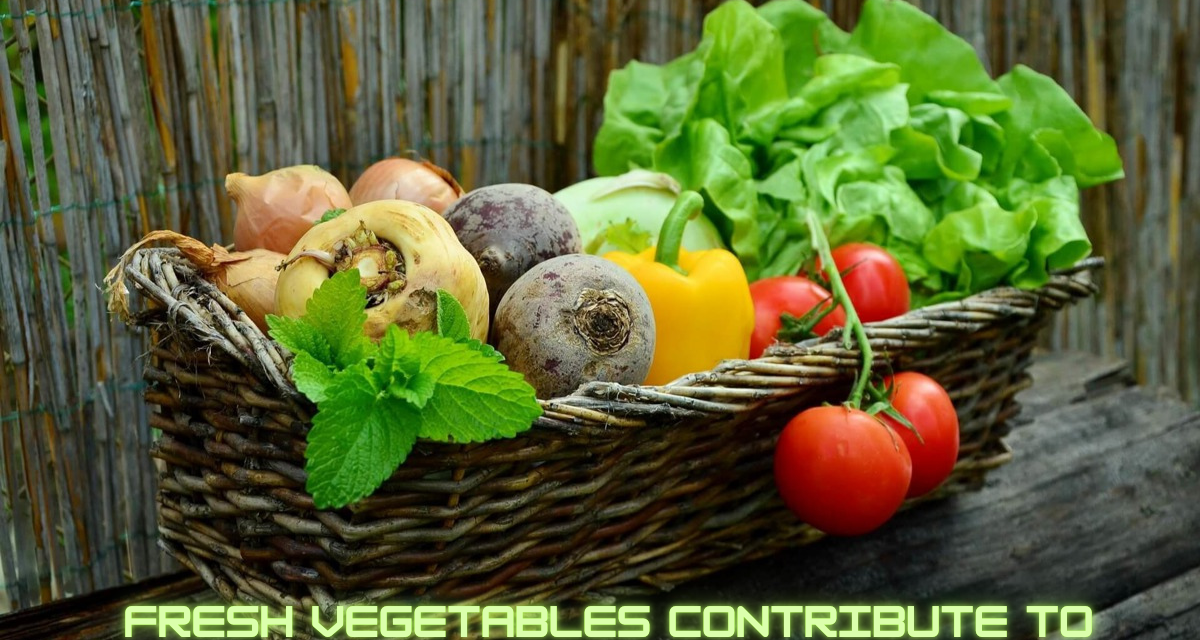Fresh vegetables play a critical role in food security by providing essential nutrients, supporting local economies, and contributing to sustainable agricultural practices. Here’s how fresh vegetables contribute to food security:
1. Nutritional Value
- Role: Fresh vegetables are rich in vitamins, minerals, fiber, and antioxidants, which are essential for maintaining good health and preventing malnutrition. They help reduce the risk of chronic diseases, such as heart disease, diabetes, and obesity.
- Contribution to Food Security: A diverse and balanced diet, including fresh vegetables, ensures that individuals and communities have access to the nutrients needed for overall health and well-being, especially in areas where other food sources may be lacking or unavailable.
2. Availability and Accessibility
- Role: Vegetables are typically grown in a variety of climates, making them available year-round in many regions. They are often locally grown, which ensures that they are accessible to communities, even in remote or underserved areas.
- Contribution to Food Security: Locally grown fresh vegetables help stabilize food supply chains and reduce dependency on imported food, making them a reliable food source in both rural and urban areas.
3. Economic Contribution
- Role: The cultivation and sale of fresh vegetables create jobs and contribute to the income of farmers, workers in food processing, and distributors. These agricultural activities support local economies, especially in rural areas.
- Contribution to Food Security: Economic stability and income generation from vegetable farming enable households to purchase other foods, contributing to overall food security in the region.
4. Diverse Crop Production
- Role: The variety of vegetables grown in different regions contributes to a diversified agricultural system, which reduces the risk of food shortages caused by crop failures, pests, or diseases.
- Contribution to Food Security: Crop diversity ensures that there are alternative food sources available when one crop is affected by environmental factors, thereby maintaining a stable food supply.
5. Sustainable Farming Practices
- Role: Many fresh vegetables are grown using sustainable farming practices, such as organic farming, crop rotation, and agroecological methods. These practices help preserve soil health, reduce water usage, and protect biodiversity.
- Contribution to Food Security: Sustainable farming practices ensure that land and resources are used efficiently, increasing the long-term availability of fresh vegetables and reducing the environmental impact of food production.
6. Food Preservation and Processing
- Role: Fresh vegetables can be preserved through techniques such as freezing, drying, or canning, extending their shelf life and making them available in the off-season.
- Contribution to Food Security: The ability to preserve fresh vegetables ensures a consistent food supply throughout the year, even in times of scarcity or seasonal shortages.
7. Emergency Food Relief
- Role: Fresh vegetables are often included in food aid programs to address food insecurity during crises, such as natural disasters or conflicts.
- Contribution to Food Security: Fresh vegetables provide a nutritious and quickly available source of food during emergencies, helping to meet immediate dietary needs and prevent malnutrition.
8. Local Food Systems
- Role: The cultivation and consumption of fresh vegetables support local food systems, reducing the reliance on long-distance transportation and imports.
- Contribution to Food Security: Strengthening local food systems increases resilience to global supply chain disruptions and supports food sovereignty, ensuring that communities can meet their nutritional needs with locally available produce.
9. Improved Diet Diversity
- Role: Vegetables are a key part of a balanced diet, providing a variety of textures, flavors, and colors that contribute to dietary diversity.
- Contribution to Food Security: A diverse diet, including fresh vegetables, is essential for combating malnutrition and ensuring the health and productivity of populations, particularly in vulnerable regions.









